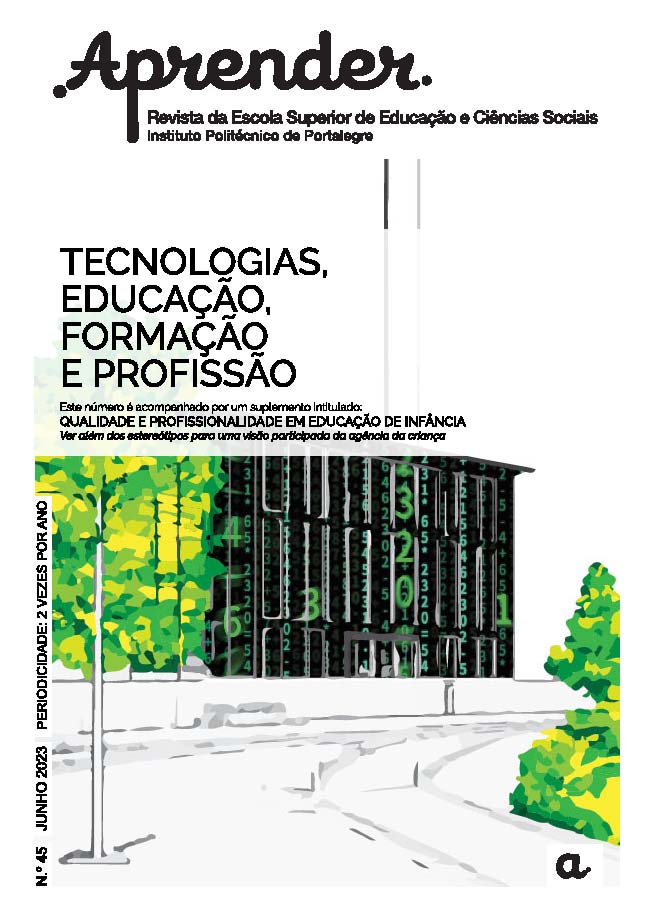Developing computational thinking in primary school mathematics classroom: students' practices
DOI:
https://doi.org/10.58041/aprender.185Keywords:
primary school, mathematics learning, computational thinkingAbstract
Computational Thinking involves important thinking processes for problem-posing and problem-solving and it is in Mathematics that it finds its main pillars. In this article, we intend to use an unplugged task involving the composition and decomposition of plane figures performed by primary school students to analyse the Computational Thinking practices that emerge from the mathematical activity of these students. A grade 2 and grade 3 class participated in this study, with a total of 48 students. Data were collected from participant observation supplemented with field notes of the first author of this article and photographs of students' productions. The four Computational Thinking practices possible to identify in the mathematical task performed by the students were constituted as categories of analysis. The results show that the task provided students with a mathematical activity where it was possible to identify practices of abstraction (right at the beginning of the construction of the figure); of decomposition (by promoting, at an early stage, the construction from easily identified pieces); of pattern recognition (in the strategies of piece substitution and the relation between pieces); and of debugging (identification of congruent constructions and their replacement).
Downloads
Published
Issue
Section
License
Copyright (c) 2023 Célia Mestre, Renata Carvalho

This work is licensed under a Creative Commons Attribution 4.0 International License.







